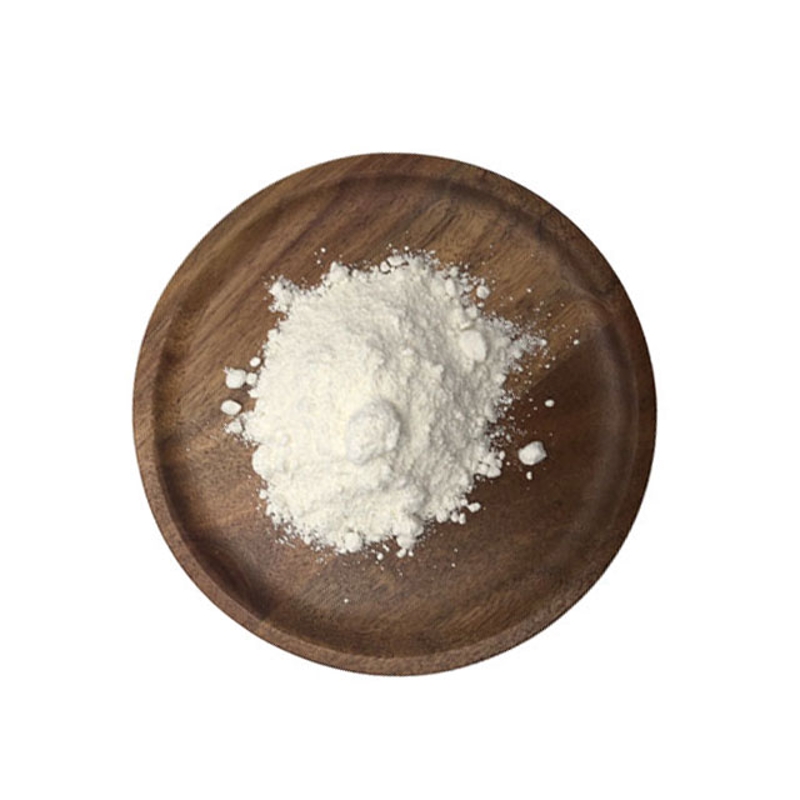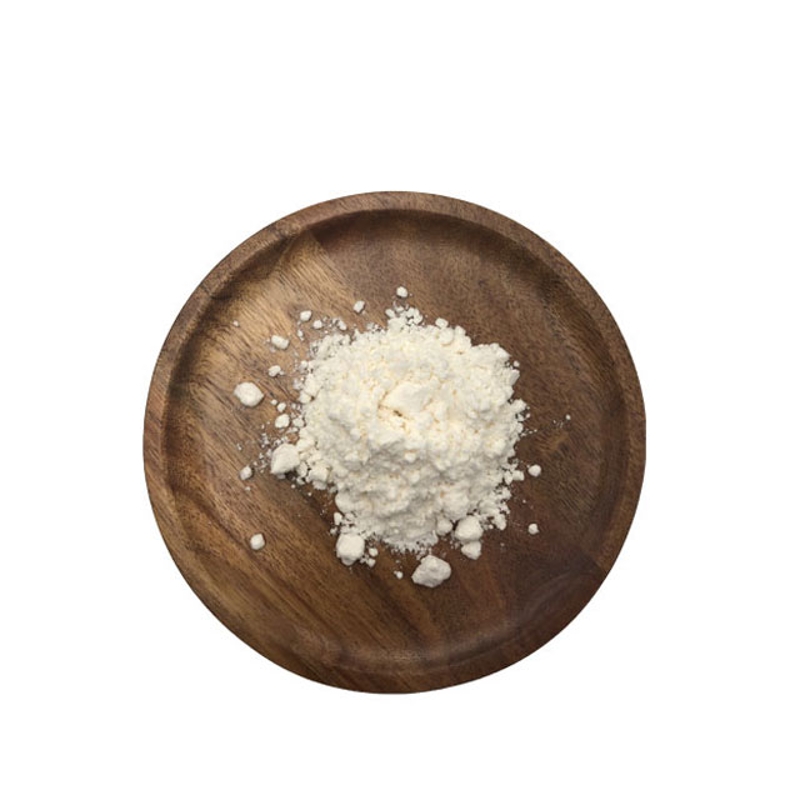-
Categories
-
Pharmaceutical Intermediates
-
Active Pharmaceutical Ingredients
-
Food Additives
- Industrial Coatings
- Agrochemicals
- Dyes and Pigments
- Surfactant
- Flavors and Fragrances
- Chemical Reagents
- Catalyst and Auxiliary
- Natural Products
- Inorganic Chemistry
-
Organic Chemistry
-
Biochemical Engineering
- Analytical Chemistry
- Cosmetic Ingredient
-
Pharmaceutical Intermediates
Promotion
ECHEMI Mall
Wholesale
Weekly Price
Exhibition
News
-
Trade Service
Diabetes (DM) has become an epidemic worldwide and is considered one of the four noncommunicable diseases by the World Health Organization (WHO).
463 million DM patients worldwide today, according to the latest Global DM Map (9th edition) published on the official website of the International Diabetes Federation (IDF) in 2019.
1 in 11 adults (20-79 years old) has DM.
projected to reach 578.4 million DM patients worldwide by 2030.
, China has the largest number of DM patients, with about 116 million patients.
the genetic background and pathophysiological processes of DM patients in Chinese adults are significantly different from those of European and American ethnic groups.
, however, there is little evidence of high-quality randomized controlled clinical trials (RCTs) in patients from China, so clinical practice guidelines for DM management in Chinese adults are very similar to 1000 in Europe and North America.
the growing burden of DM, China needs to strictly design and effectively implement RCTs to develop specific treatment and prevention strategies.
To this endo, a systematic review of randomized controlled clinical trials conducted in patients with type 2 diabetes (T2DM) in mainland China over the past 30 years was carried out by the Endocrinology and Metabolism Department of Ruijin Hospital affiliated with Shanghai Jiaoda University School of Medicine and the Ningguang Fellows of the Shanghai Institute of Endocrine Metabolism.
results were published in the latest Lancet Diabetes and Endocrinolgy journal.
researchers searched and analyzed relevant RCT studies and registered clinical trials of mainland T2DM patients published over the past 30 years through 2020-08-31.
1044 studies were included, of which 960 (92.0 per cent) were conducted in Chinese mainland and 84 (8.0 per cent) were conducted across national levels.
of the above-mentioned studies (62.6%) were conducted in patients with only T2DM, followed by T2DM complications (28.4%) or complications (9.0%).
the majority (66.6 per cent) studied drug therapy, followed by behavioural interventions (10.3 per cent), surgery (6.4 per cent), dietary supplements (5.2 per cent), biotherapy (4.1 per cent) and device interventions (1.5 per cent).
results show that T2DM-related RCT research on the mainland increased dramatically after 2000 and leveled off after 2010.
but there are obvious regional differences in the conduct of the experiment.
, East China carried out the most, accounting for about 73.7 per cent of all T2DM trials.
13.3 per cent, 9.2 per cent and 3.8 per cent, respectively, in western, central and north-eastern China.
to each study, the researchers found that most trials included fewer people, with only 85 (8.9%) of the subjects >500) and 364 (37.9%) of the trials<100.
, most trials did not take long, with 81.9 per cent less than 48 weeks.
addition, follow-up failure rates were higher in some trials, with 127 studies having a failure rate of >10 per cent, which was more prominent in behavioral intervention trials and longer follow-up trials.
addition, the researchers note that some studies lack information about blindness and randomity, and that there is little mention of the calculation of sample size, which also affects the quality of the experiment to some extent.
over time, although the issue of RCT's registration identification number has been taken more seriously, the poor compliance of participants is still an issue that needs attention.
DM-related complications are the main drivers of the burden of disease.
dm Chinese, including cardiovascular disease, chronic kidney disease, certain cancers and major cognitive impairments, are also increasing as life expectancy increases.
, however, only 37 (3-5%) T2DM trials investigated the results of complications such as cardiovascular disease, retinal lesions of consexual diabetes and end-stage kidney disease, 19 of which were cross-border trials.
system evaluation and analysis is of great significance to future diabetes research in China, and may also be helpful to other countries facing similar economic growth and rising diabetes burden.
future RCTs should focus on patients in resource-limited environments and aim to identify easy-to-access and widely applicable disease management solutions that have the potential to benefit a broad patient population.
: Zheng R, et al. Type 2 diabetes RCTs in mainland China: insights from a systematic review. Lancet Diabetes Endocrinol. 2020 Dec 23:S2213-8587(20)30404-6. doi: 10.1016/S2213-8587 (20) 30404-6.MedSci Original Source: MedSci Original Copyright Notice: All noted on this website "Source: The text, images and audio and video materials of Metz Medicine or Source: MedSci Originals are owned by Metz Medicine and may not be reproduced by any media, website or individual without authorization, and shall be reproduced with the words "Source: Mets Medicine".
all reprinted articles on this website are for the purpose of transmitting more information and clearly indicate the source and author, and media or individuals who do not wish to be reproduced may contact us and we will delete them immediately.
at the same time reproduced content does not represent the position of this site.
leave a message here







